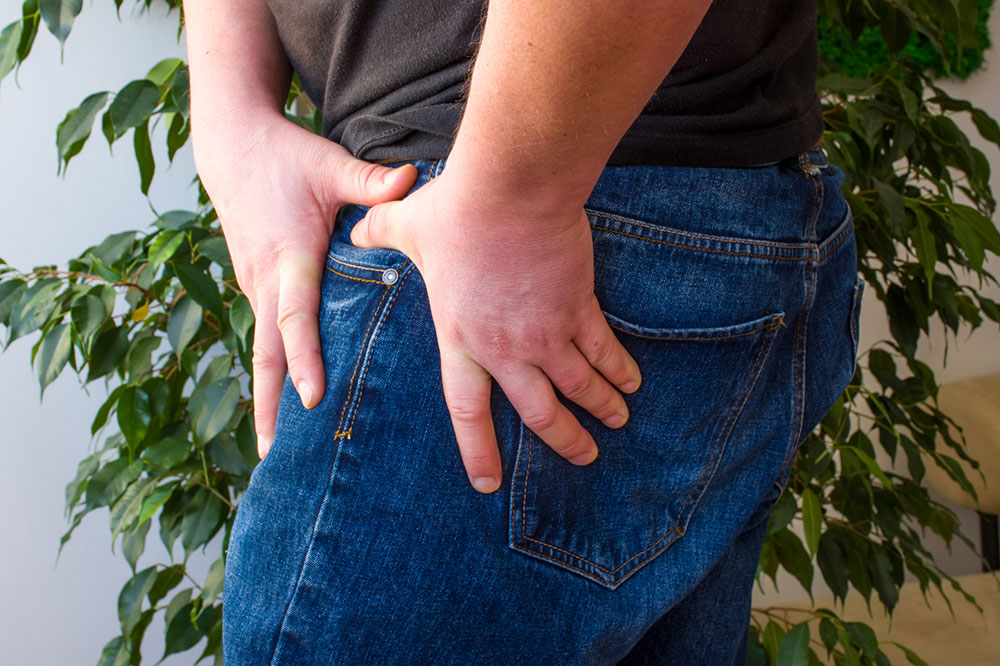
Lifestyle remedies for joint conditions
From suffering a fracture in your leg to the joints connecting your hands diagnosed with arthritis, disorders related to joints and bones can vary. It is very important to promptly respond to join t conditions as even a minor disorder in any part of your body can make you immobile. If your joints remain healthy, there will be no restrictions when it comes to your body movements. A joint condition, if aggravated, can lead to chronic pain and even disable a body part.
Lifestyle remedies to treat joint conditions
A body with extra weight tends to attract diseases easily. Your body weight plays a big role in the pain you experience when you are suffering from a joint condition. The more weight you have, the more pressure will be exerted on your joints. The ones connecting the feet, hips, and knees suffer from maximum pain. If you manage to cut down on extra weight, it will reduce the pain, lend your joints more mobility, and protect them from further damage.
If you do not get much physical movement, your joints will become even stiffer. Apart from contributing to weight loss, working out helps in making joints more flexible. If you are already suffering from a joint condition, do not opt for exercises like running or walking, as they tend to put pressure on your body weight. Go for low-impact exercises like swimming, which do not add stress on your body and are effective in making your joints flexible.
Acupuncture is a centuries-old medical treatment that uses thin needles inserted in certain points in the body to bring about a physical balance and channel the energies in the right direction. Since its inception, acupuncture has evolved exponentially, and several experts have contributed to its growth from different parts of the world. This therapy also has the distinction of being recommended by the World Health Organization (WHO) for treating more than a hundred health conditions.
Relaxing techniques play a huge role in reducing physical pain. They help give you the requisite cerebral strength to deal with joint pains better. A report prepared by the National Institutes of Health (NIH) has categorically stated that doing meditation in a disciplined manner and on a regular basis helps protect you against joint conditions. If you are suffering from a physical disorder like arthritis or one related to the mind, like depression or anxiety, mediation proves to be very effective in curbing their effect.
Healthy fatty acids in the diet
Omega-3 fatty acids are perfect for health. One of their health benefits includes protecting the body against arthritis. If you are already suffering from it, it stops the condition from aggravating further and helps in providing relief from pain. Omega-3 supplements prove to be very effective when it comes to curbing stiffness in the joint and its resulting pain. Gamma-linolenic is another fatty acid that is good for dealing with joint conditions. It is extracted from the seeds of plants like black currants, borage, hemp, and evening primrose.







